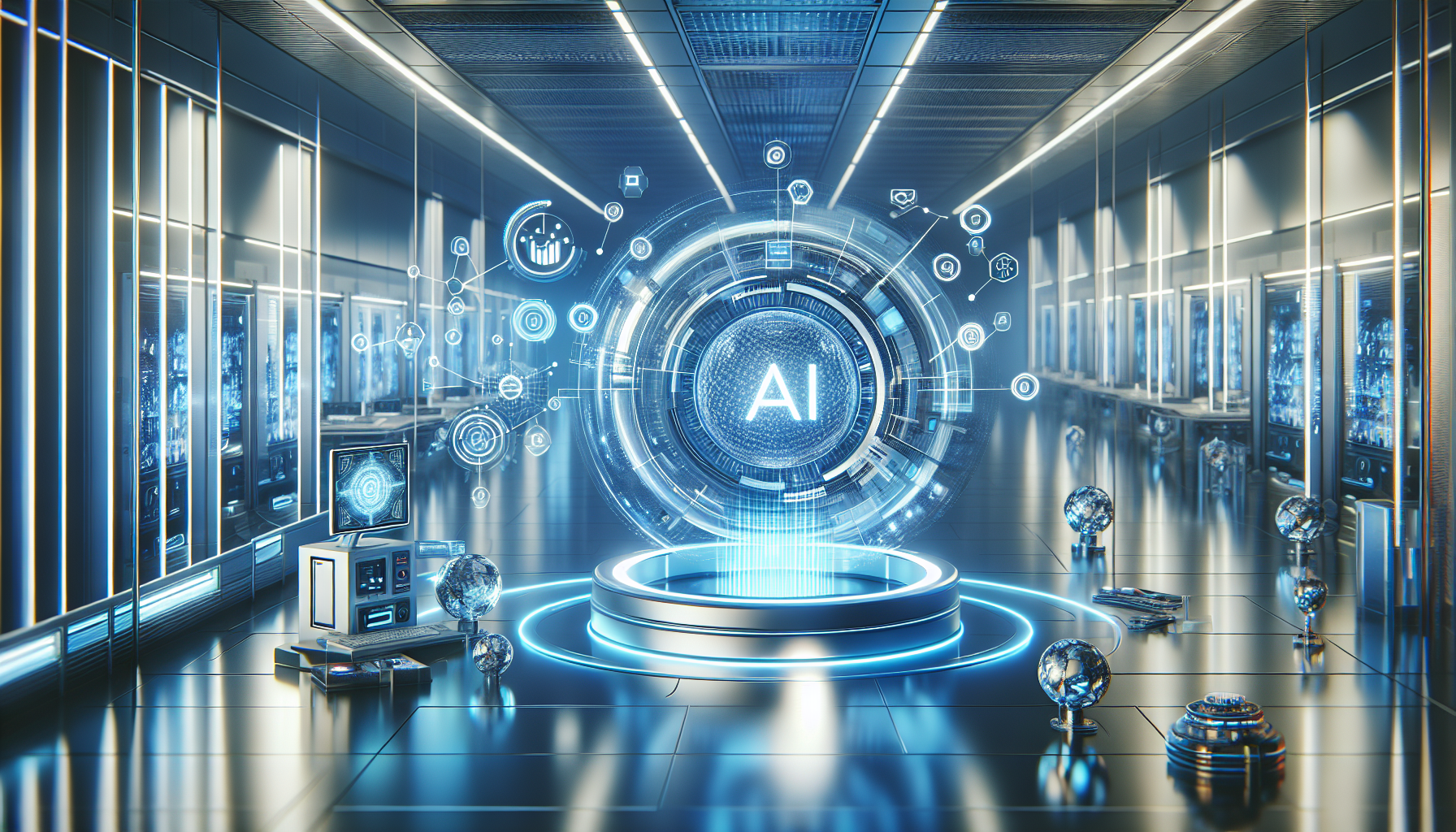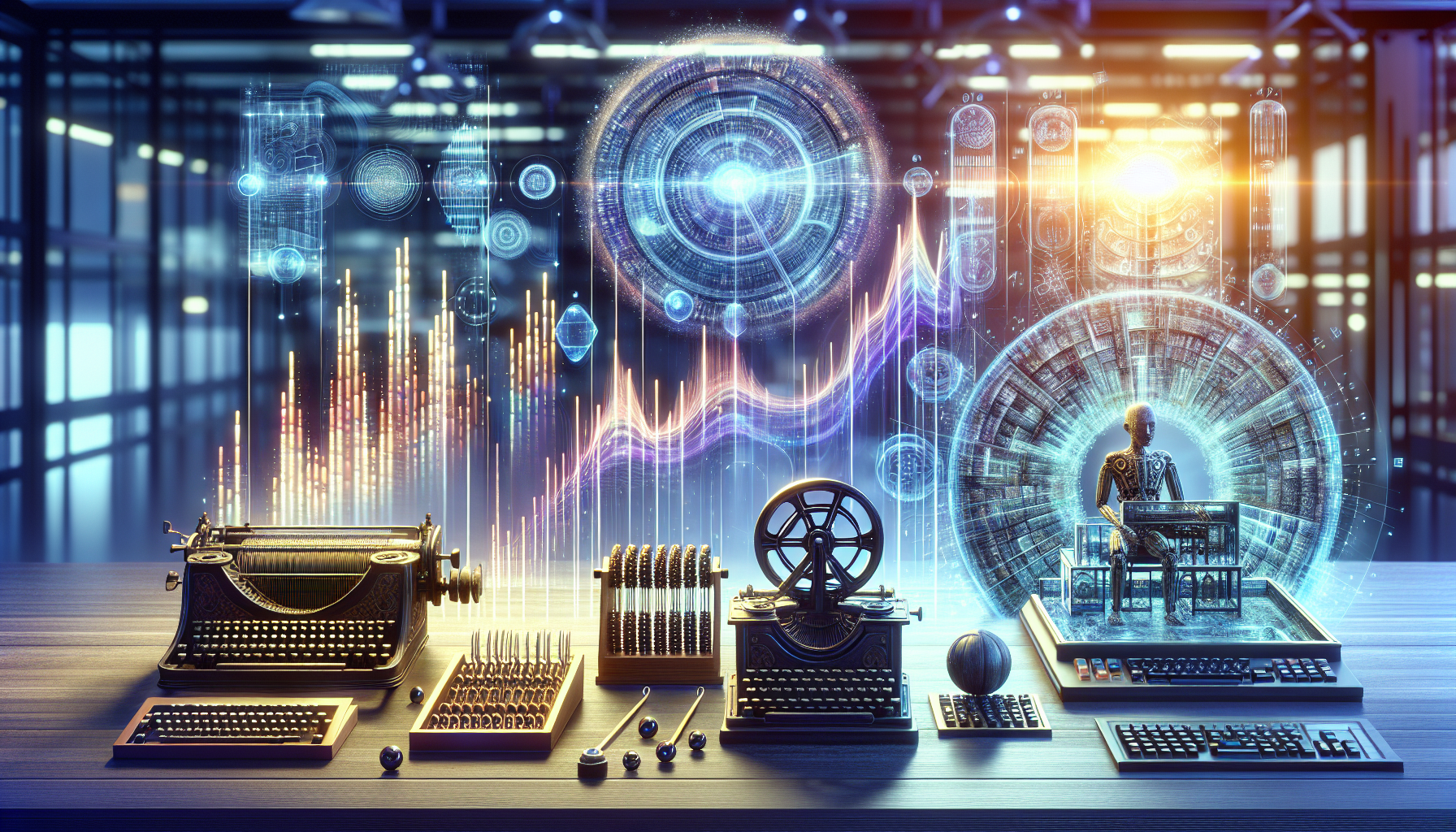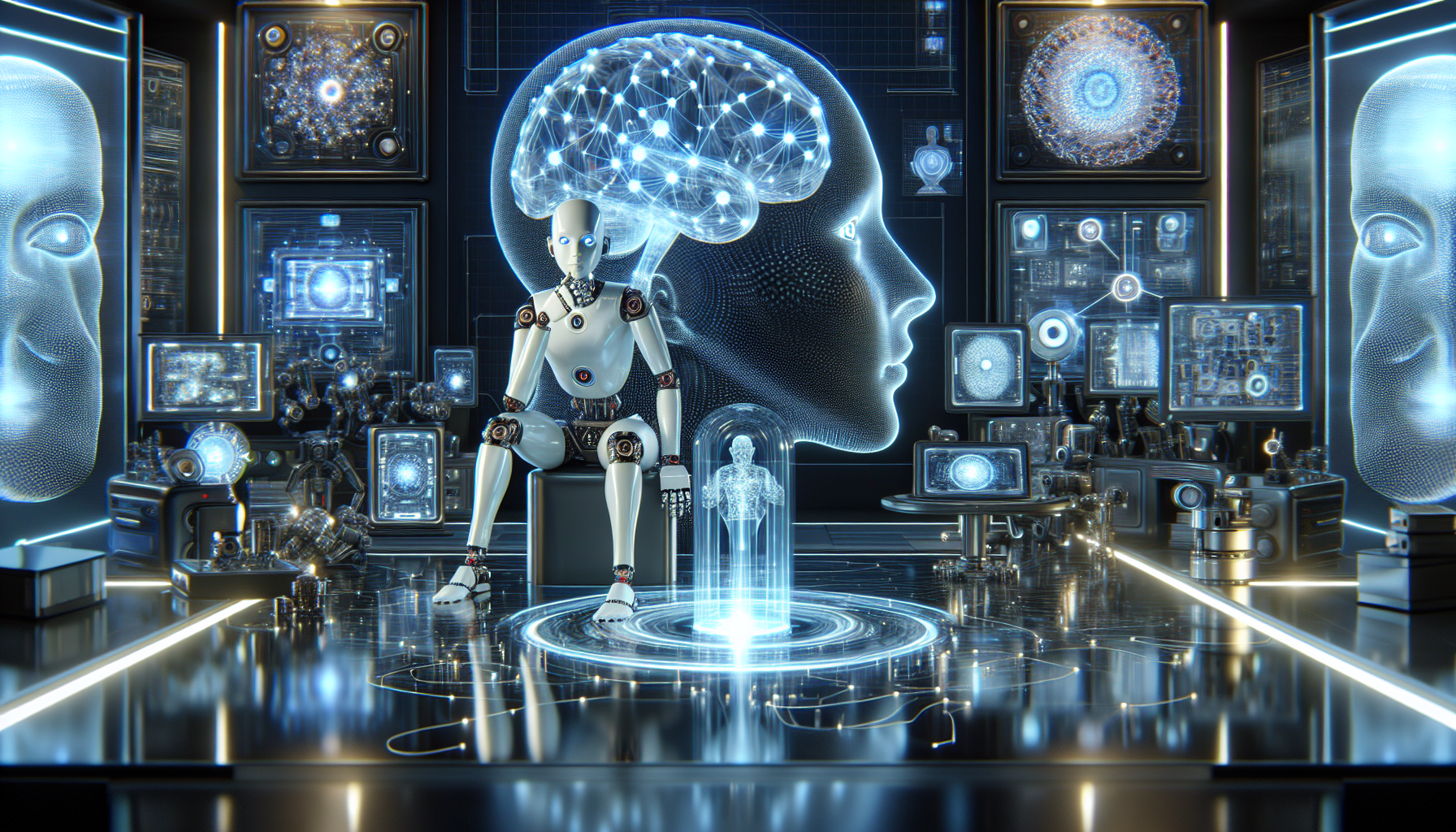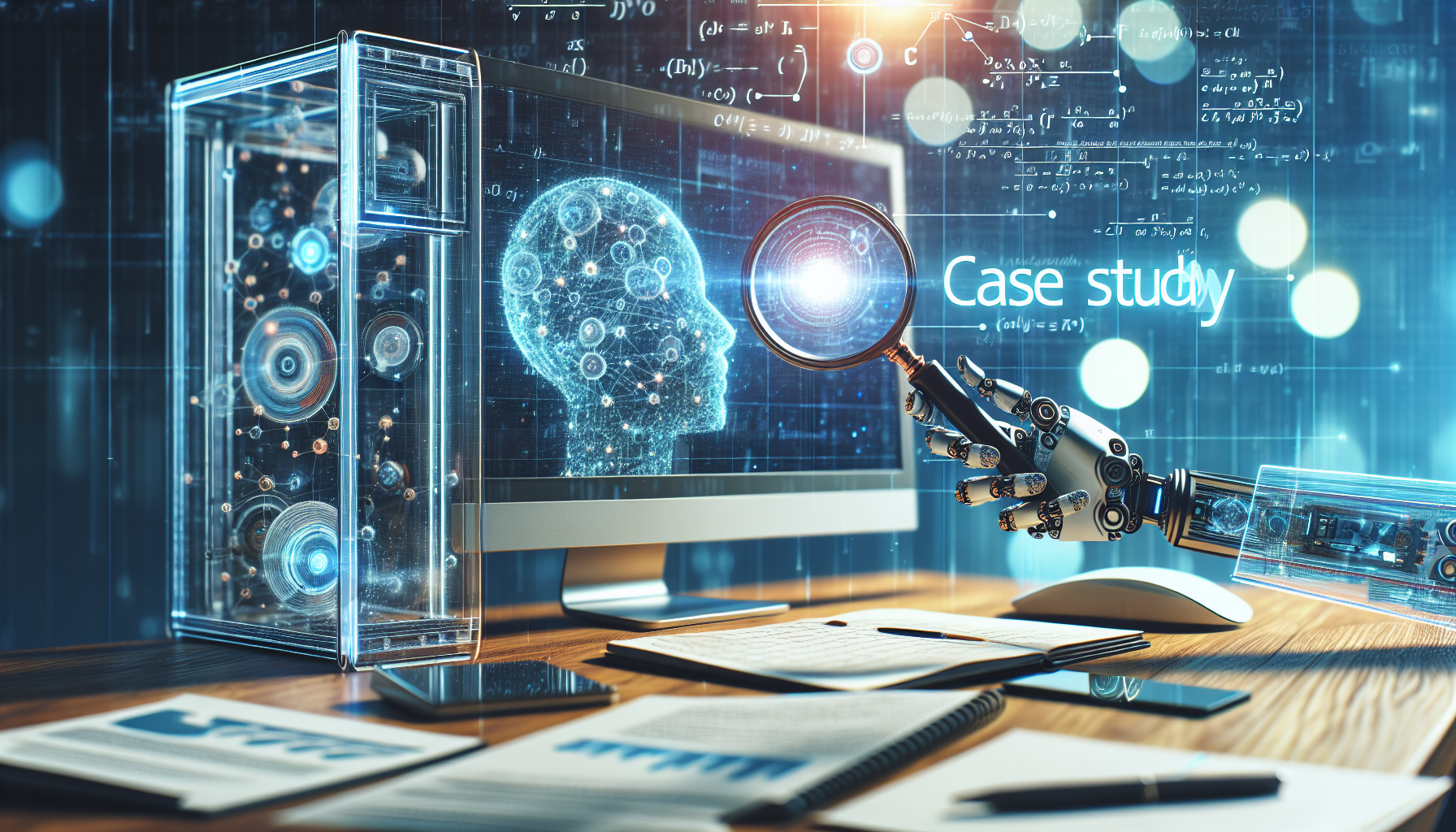
Smart Homes and AI: A Glimpse Into a Transformative Future
October 4, 2025
Imagine a world where your home not only responds to your needs but anticipates them with uncanny accuracy. This isn't the stuff of science fiction; it's the rapidly approaching reality of smart homes powered by artificial intelligence. As we stand on the cusp of this technological evolution, the potential for AI to enhance everyday living is both exhilarating and inspiring.
In the heart of a smart home lies a network of interconnected devices, each playing its part in creating a seamless living experience. From climate control systems that adjust the temperature based on your preferences to intelligent lighting that adapts to your mood, AI is revolutionizing how we interact with our living spaces. But it's the future predictions that truly spark the imagination.
Consider the possibilities. Picture a kitchen that can suggest recipes based on your dietary needs, or even order groceries before you realize you're running low on essentials. With AI, your home doesn't just accommodate your lifestyle—it actively enriches it. And it's not just about convenience. AI-driven homes have the potential to significantly reduce energy consumption, making them a crucial player in the quest for sustainable living.
One of the most exciting prospects is the integration of health monitoring within the smart home ecosystem. Imagine waking up in the morning, and as you brush your teeth, your bathroom mirror displays your vital signs, providing real-time feedback on your health metrics. Your home becomes a partner in wellness, offering personalized advice to keep you at your best.
Security, too, takes on a new dimension in the AI-enhanced home. Intelligent systems learn from patterns and can distinguish between normal and suspicious activities, providing alerts only when truly necessary. This not only enhances safety but also reduces the nuisance of false alarms.
While these advancements are thrilling, the real magic lies in the potential for AI to learn and grow with us. Smart homes will increasingly become adaptive environments, capable of evolving alongside our changing needs and preferences. They will learn to understand our habits and anticipate our desires, providing a level of comfort and personalization previously unimaginable.
Yet, as we embrace this transformative future, it's important to consider the ethical implications. Privacy concerns are paramount, and there must be robust safeguards to protect user data. The balance between convenience and security will be crucial in ensuring that smart homes remain a force for good.
Looking further ahead, the integration of AI with the Internet of Things (IoT) could lead to smart homes that not only cater to individual residents but also contribute to the wider community. Imagine a neighborhood where homes communicate with each other, optimizing energy use collectively and sharing resources efficiently. The potential for AI to foster community well-being is as profound as it is promising.
In this rapidly advancing landscape, one thing is clear: the future of smart homes is not just about technology, but about enhancing the human experience. It's about creating spaces that empower us to live more fulfilling lives, where technology serves as a conduit for connection and well-being.
As we ponder the future of smart homes, we are invited to dream big. What if our homes could one day collaborate with us in achieving our personal goals? Could they become catalysts for creativity, wellness, and joy? The possibilities are limited only by our imagination.
In the end, the true promise of AI in smart homes lies in its ability to inspire us to reimagine what is possible. As we stand on the brink of this exciting future, we are called to embrace the potential of AI not just to change our homes, but to transform our lives. What kind of world do we want to create, and how can our homes help us get there?


